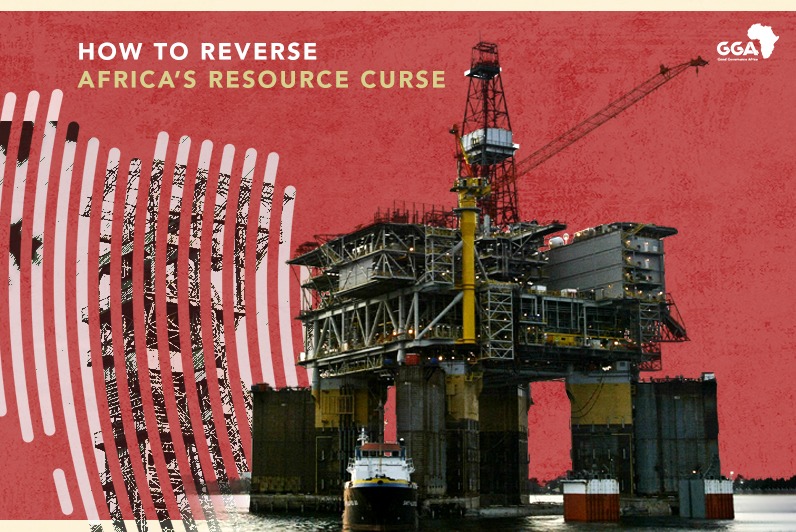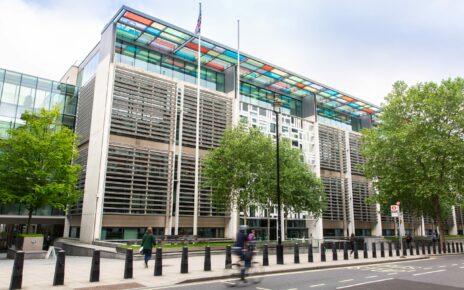Last year’s discovery off the shores of Namibia of an estimated 11 billion barrels of crude holds the promise of untold riches for this nation of 2.7 million people, but capitalizing on the bounty while avoiding the ills that afflict resource-rich countries in Africa — a phenomenon known as ‘resource curse’ — may prove challenging.
A quick look around the region reveals what oil finds have spawned in countries such as Angola, Mozambique or Niger — from massive graft, to growing inequality and poverty, armed insurgency, to environmental degradation. “Poor management of the oil and gas sector can drive corruption and inequality that in turn will fuel social tensions and threaten political stability,” Tom Alweendo, Namibia’s minister for mines and energy, cautioned recently. “It is imperative that the custodians of these resources possess the required skills and above all, that they have a high level of integrity.”
Namibia sees the oil discoveries as a game changer, with prospective projects potentially transforming it into a provider of power throughout the region. But “resource curse is a clear and present danger for Namibia,” says Graham Hopwood, executive director at the Institute for Public Policy Research (IPPR), who also stresses that averting the corrupting influence of the sudden flood of funds will be essential.
According to Rosita Ndumbu, a research associate at the IPPR, Angola and Nigeria could be used as highly relevant case studies which are currently battling socio-economic challenges, despite being some of the biggest oil-producing countries. Therefore, Namibia needs to build competent and accountable institutions to manage oil revenue and minimize the risk of corruption by closing all legislative loopholes in order to avoid an oil curse, Ndumbu says.



